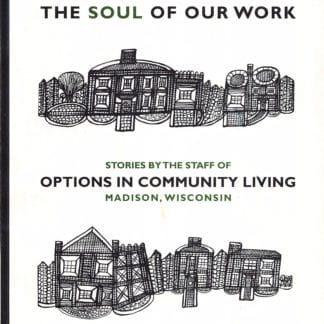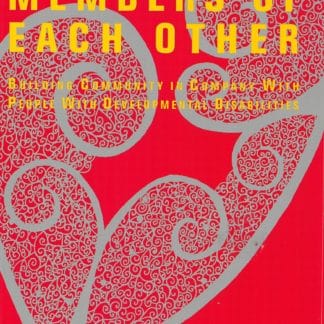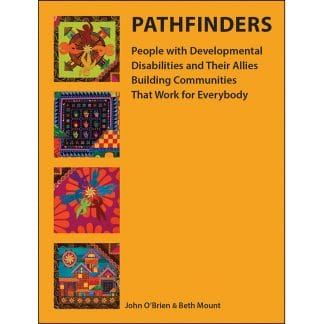A Review of the Transition to Individualized Supports
For People Served by the Community Services Department of United Cerebral Palsy Association of Oregon and S.W. Washington
John O’Brien
1999
hinking about “Not Enough Money”
Those of us who work for inclusion hear a lot about “reality” from those looking for good reasons to discourage us. Many such discouragements involve the scarcity of money to pay for necessary assistance or accommodations. Belief in scarcity of money also justifies dominating people’s lives in the name of “cost control” and denying the supports people need to participate in community life in the name of “priorizing scarce funds to assure health and safety.”
Few of us actually imagine limitless public resources, though control-seeking policy makers and their allies often accuse us of such fantasies. We know that the costs of honoring people’s right to inclusion are both reasonable and offset by many social benefits. But we do need to think clearly about scarcity and act to overcome it’s negative effects. In doing so, it helps to distinguish between “real” resource limits and scarcities imposed by policy. Both limits matter, but each calls for a different kind of action.



